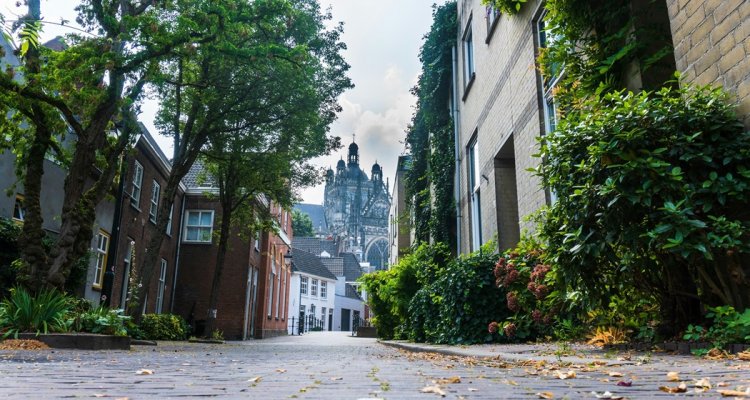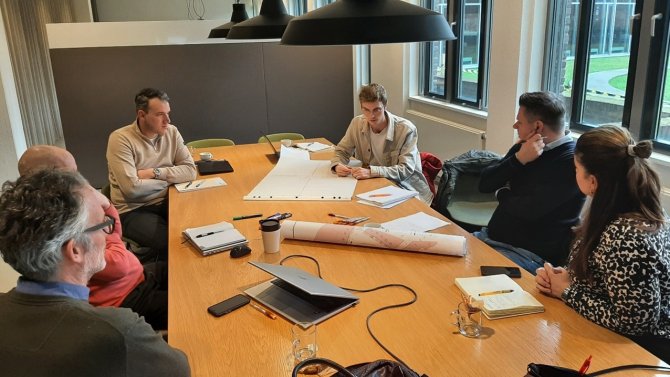
Project
NATURO: Engaging marginalised groups in management of urban nature based solutions
NATURO bridges research, practice and policy to advance and improve mosaic governance approaches that local governments can use to collaborate with diverse stakeholders from society to support the wider use of Nature Based Solutions.
When managing urban Nature Based Solutions (NBS), it is crucial to consider the needs of different user groups. Sometimes challenging, especially for marginalised groups who might be excluded from meaningful use and related decision-making processes. Hence, it is important to study and understand the interplay between NBS and their management and use.
In NATURO we develop a strategic framework for capacity building and empowerment – of both local government and civil society stakeholders – to co-create NBS that enable the inclusion of marginalized groups in long-term management of public urban green spaces.
The NATURO framework is being used, evaluated and refined in real-life settings, in order to serve and strengthen both the social and ecological resilience of urban areas.
We do this by re-developing existing urban nature-based solutions (NBS) through small-scale, local co-development interventions called Micro Urban Living Labs (MULLs) in three European cities: Den Bosch in the Netherlands, Velenje in Slovenia, and Tyresö in Sweden. These MULLs are developed by local governments and are closely followed and evaluated by researchers, social innovators, and policymaking experts from the three countries. Our international collaborative approach aims to support the replication and transferability of inclusive NBS, helping to reduce inequality in access to NBS across Europe.
In the NATURO project, FNP plays a key role as a knowledge partner, contributing expertise in mosaic governance and governance theory. Within and beyond this role, FNP also closely collaborates with local partners in Den Bosch to follow and evaluate the MULL in that city: a citizens' initiative for an inclusive playground. So far, the process has focused on the temporary location at the Market Square, with plans for the playground equipment to eventually be relocated to a more permanent, green spot in the city.
